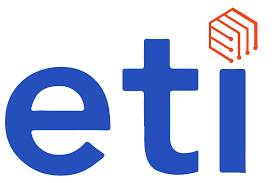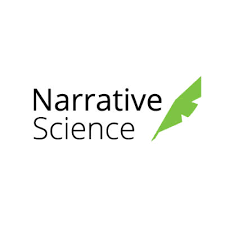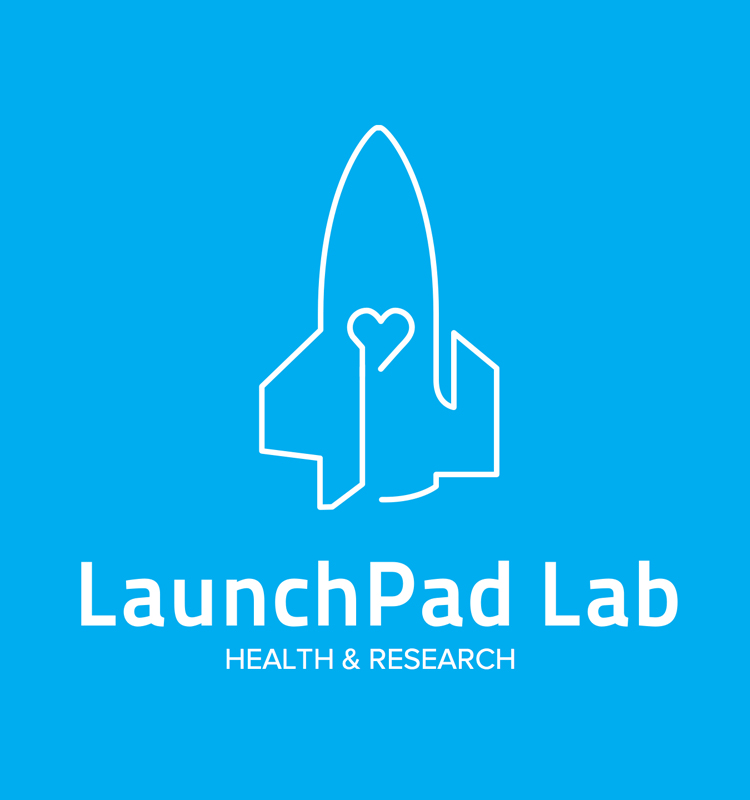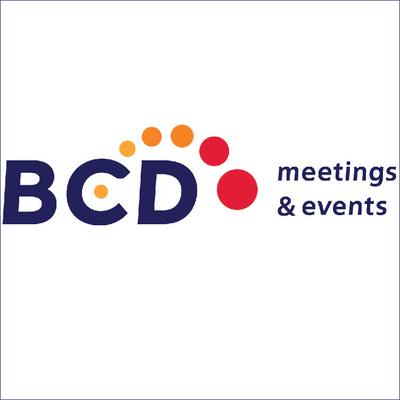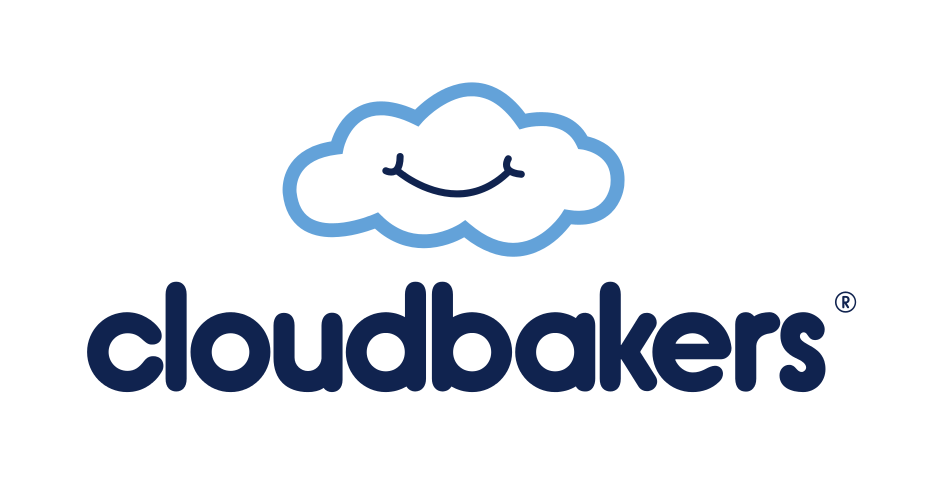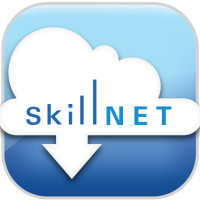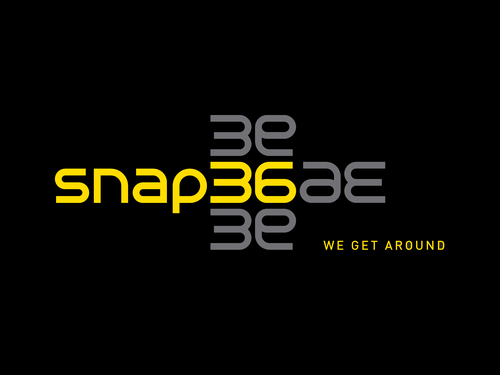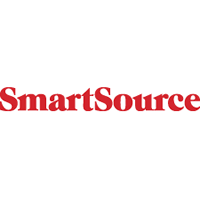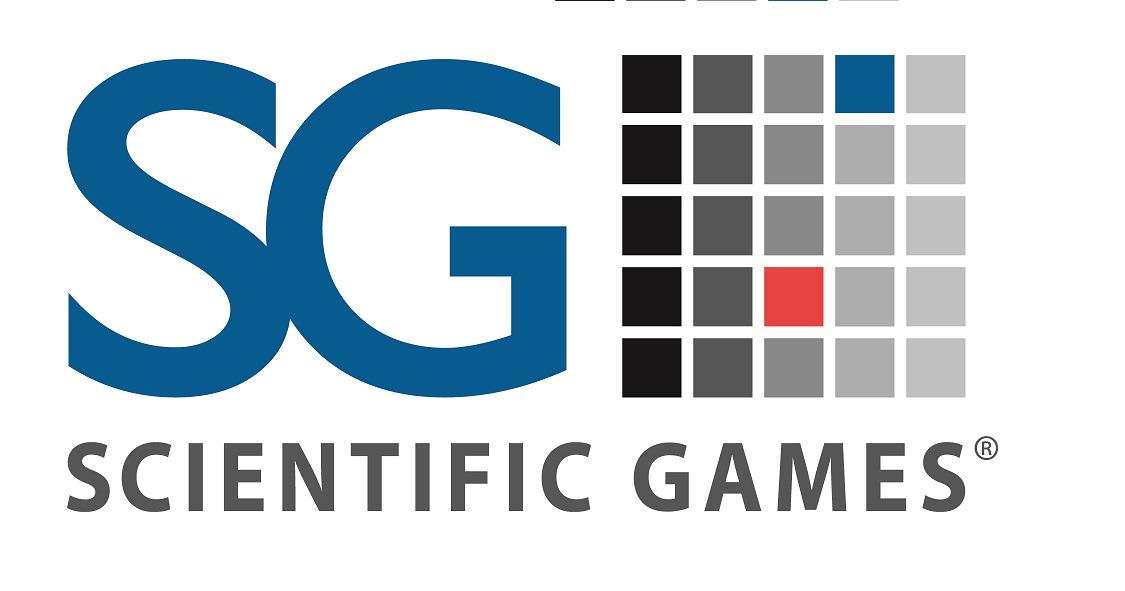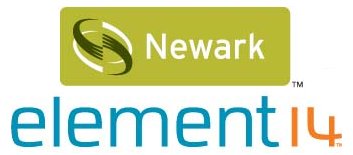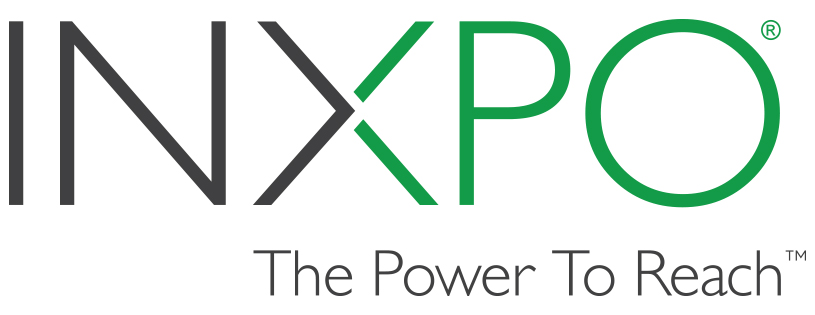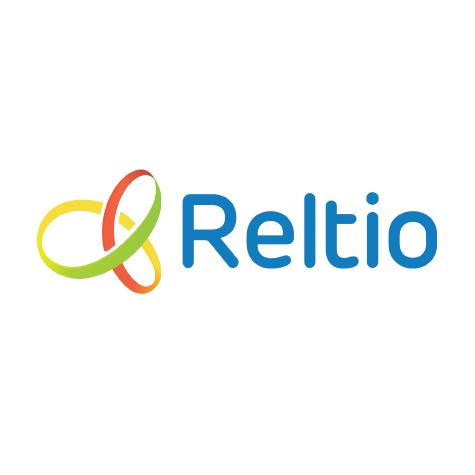
General Info
Steve Miller
Chicago, IL
11-50
About
Known as OpenBI since our founding in April, 2006, the company's now changing its name to Inquidia Consulting. Why the change?We've undergone a transformation over the past few years.
The 2006 OpenBI reflected the start-up mission and the market we experienced at the time. Our core business was building traditional data warehouses/data marts, superimposing reporting and OLAP/dashboard solutions on top of the data infrastructures we built. Customers were primarily mid to large-size companies seeking business intelligence departmental solutions to measure/understand/manage company performance. The open source software development model that had proven so successful for infrastructure such as operating systems, databases and languages was entering the commercial BI world. And predictive analytics, though always discussed, was generally lower in priority. The biggest challenges we faced revolved on data integration – of course the data were in good shape – when business leaders first saw POC reports and dashboards where ugly data can't hide. While the initial contract was generally for a confined set of deliverables, customers would often as not come to an “aha” moment where the data/analytics clicked. They'd then ask for follow-on work to answer new questions of additional data sources. There generally was not a big upfront investment to divine an intelligence strategy/roadmap; planning occurred on an adhoc project-by-project basis. Our work began to change about four years ago. As we started to engage, many new prospects had a shorter business history than even OpenBI. Their focus was as much on data as a foundational, revenue-generating product as it was on performance management BI. These customers were all about data -- they were, indeed, data-driven enterprises.The work we do for our customers has expanded beyond the OpenBI vision.
The trend towards partnering with data-obsessed companies has accelerated over the last few years. Some of the newcos we engage with have little legacy with traditional BI. Most are frugal, having built initial technical infrastructures on commodity hardware, the Cloud and open source software. They turn to us for assistance when they start to experience success and understand the need to quickly exploit that goodwill for strategic benefit. For sure, data marts, reports and OLAP cubes remain central to our customers. But now they're seeking a deeper involvement with us at the enterprise level. Increasingly, we're collaborating on Data Strategy that drives from science of business thinking to articulate both business performance and data product hypotheses. A significant deliverable is a go-forward roadmap that lays out a data-driven program of development projects.We've established new service lines and new service offerings.
Data Architecture includes traditional data warehousing but goes beyond, acknowledging the ascent of analytical databases, visualization, machine learning, Hadoop and the Cloud. Indeed, in the not-too-distant future, some of our customers will likely access their data-drivings exclusively from Hadoop and the Cloud. They're much less concerned about fidelity to a model from the past than they are on optimal performance at minimal cost today. SQL on Hadoop is the new Teradata. Data Engineering is where the future of OpenBI meets the past. Designing and programming data is perhaps the single most significant endeavor we undertake – just as it was eight years ago. Only now, the data building tools are more extensive than databases and ETL, and include the expanding Hadoop ecosystem with Impala, Pig, Hive, Spark, et al. – in addition to the data science programming environments such as R and Python-Pandas-Sci-Kit. Traditional ETL platforms remain critical, though, and OpenBI likes none better than open source Pentaho Data Integration. Data Analytics is BI all grown up – with in-memory computation, visualization and statistical learning now in competition with the reports, dashboards and OLAP cubes of the past. The powerful Alteryx-Tableau-R collaboration for integration-visualization-statistical analysis well illustrates this evolution. If Data Analytics is a next generation BI for performance management, Data Science supports the data-driven enterprise in building new products. OpenBI data scientists are tooled in ETL and OLAP for BI, as well as in Pig, Hive and Spark for big data, and the choice of R or Python for data munging and statistical learning. With Inquidia's point of departure “Big Data, Analytics & Business Intelligence for the Data-Driven Enterprise”, we feel it only makes sense to position all our offerings in a modern data context. Data Strategy, Data Architecture, Data Engineering, Data Analytics and Data Science appear to cover the work we're now engaged in, paying homage to our continuing DW/BI legacy but also (we hope) forward looking to the changing business and architectural times.Relevant People

Steve Miller
Co-Founder and President
